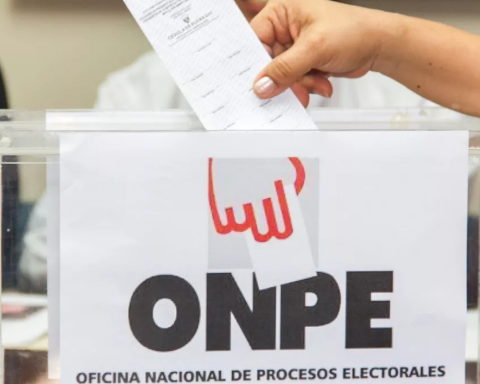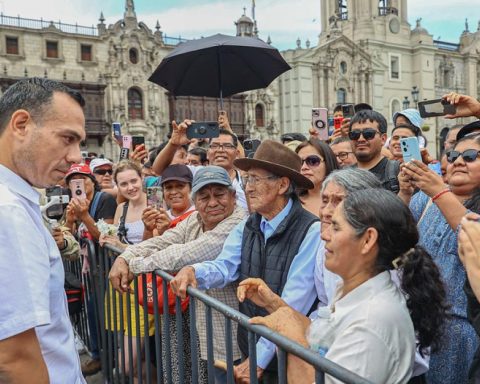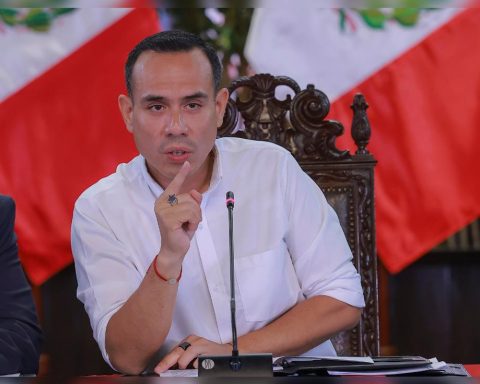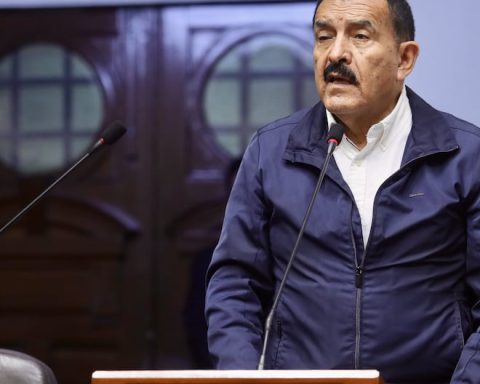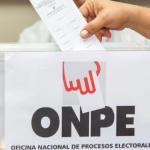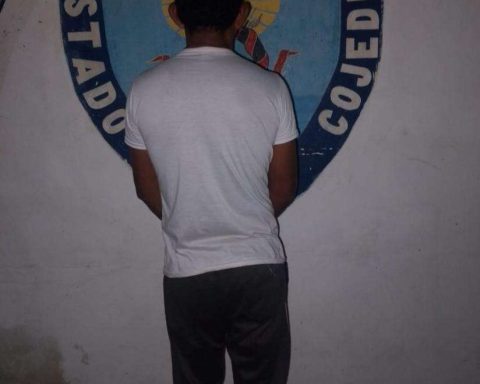In Peru, an approximate of US$ 10,000 million enters and leaves each year as movements of the illicit financial flows (FFI) related to commercial activities, that is, as part of tax avoidance and evasion practices.
This money is equivalent to 4.5% of the country’s GDP and could cover basic items of the national budget: 118% of spending on education, 183% of spending on health and 512% of spending on social protection.
This is one of the main findings of the investigation “Illicit financial flows in Peru and its impact on the guarantee of human rights” by Rodolfo Bejarano for the Latin American Network for Economic and Social Justice (Latindadd).
This document is an approximation of the amounts that are lost through what constitutes the main source of FFI: false commercial invoicing, taking Peru as a case and how the capacity of the Peruvian State to respond to the COVID-19 pandemic is affected. and to guarantee human rights.
One of the main channels used to mobilize IFFs is linked to international trade operations that take place between countries and that give rise to fiscal abuse linked to improper invoicing, either due to underinvoicing or overinvoicing of exports and imports, which which is facilitated by the existence of the network of tax havens and financial and corporate opacity.
Representatives of Latindadd indicated that it is essential to have the evidence that makes it possible to make visible the need to combat harmful accounting practices that are carried out by corporations and individuals that end up affecting the tax systems of developing countries and, especially, of Latin American countries.
The report shows that it is necessary to consider the need for adequate measures at the national level and the implementation of a global system with greater transparency and fairer tax, commercial and financial rules, which will allow our States to recover those much-needed resources to invest them. in people and their well-being.
urgent tasks
Improper commercial invoicing is one of the pending challenges for countries like Peru, since they are highly vulnerable to bilateral trade with those others with whom trade relations have been consolidated, even through the signing of free trade agreements, such as such as the United States, China and some European countries.
IFFs are a global problem and coordinated national and international action is needed to reduce and eliminate false invoicing in trade.
According to the Latindadd publication, some policy recommendations at the national level would be: strengthen the entities that fight against customs fraud, tax evasion and other financial crimes, such as customs, financial intelligence units and tax administrations; as well as adopting legislation where the crime and the sanctions for those responsible are clearly typified.
At the international level, it is recommended: to improve the records and follow-up of bilateral economic relations; adopt or improve measures related to transparent financial and corporate information; hold joint negotiating positions in multilateral negotiations dealing with trade, investment or tax matters; and commit to a new regional and global tax governance.

